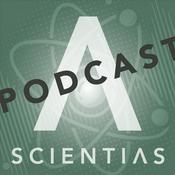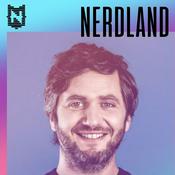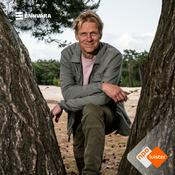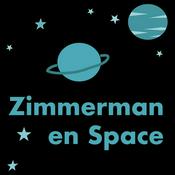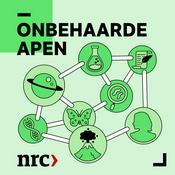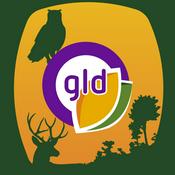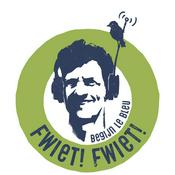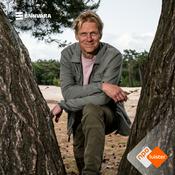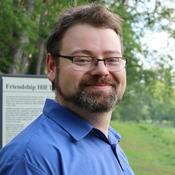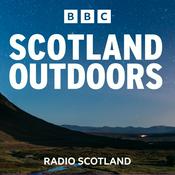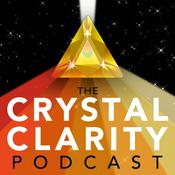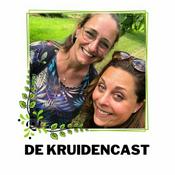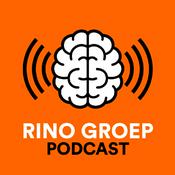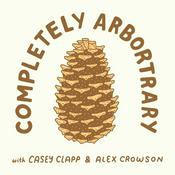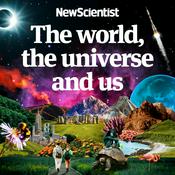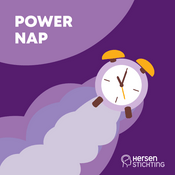1243 afleveringen
- You may have heard that a little dirt is good for kids. It helps them build up their immune systems, and sets them on a path to future health. But what kind of filth does the trick?
Producer Kathleen Davis digs into the latest science on the benefits of exposing kids to the outdoors with microbiologist Jack Gilbert and pediatric epidemiologist Amber Fyfe-Johnson.
Guests:
Dr. Jack Gilbert is a microbiologist and professor at the Scripps Institution of Oceanography and in the department of pediatrics in UC San Diego School of Medicine.
Dr. Amber Fyfe-Johnson is an associate professor and pediatric epidemiologist at Institute for Research and Education to Advance Community Health at Washington State University.
Transcripts for each episode are available within 1-3 days at sciencefriday.com.
Subscribe to this podcast. Plus, to stay updated on all things science, sign up for Science Friday's newsletters. - With so many dating apps—and so many people using them—why are a record number of American adults single? Is marriage as important as it was a generation or two ago? Evolutionary biologist and sex researcher Justin Garcia joins Host Flora Lichtman to talk about dating and mating, and what evolutionary biology can tell us about our need to form a “pair bond” … or not.
Read an excerpt from Justin’s new book, The Intimate Animal: The Science of Sex, Fidelity, and Why We Live and Die for Love.
Guest: Dr. Justin Garcia is an evolutionary biologist and executive director of the Kinsey Institute. He is the author of The Intimate Animal.
Transcripts for each episode are available within 1-3 days at sciencefriday.com.
Subscribe to this podcast. Plus, to stay updated on all things science, sign up for Science Friday's newsletters. - Our ability to imagine is part of what makes us who we are—not just as individuals, but also as humans. It turns out, though, that we may not be the only species capable of playing pretend. In a string of experiments, scientists sat down, set the table, and hosted pretend tea parties with a bonobo named Kanzi to see if he’d play along—and he did.
Producer Kathleen Davis chats with study author Amalia Bastos about Kanzi, what it means to imagine, and how our definition of “humanness” keeps changing.
Guest: Dr. Amalia Bastos is a cognitive scientist at the University of St. Andrews in Scotland.
Transcripts for each episode are available within 1-3 days at sciencefriday.com.
Subscribe to this podcast. Plus, to stay updated on all things science, sign up for Science Friday's newsletters. - Screens are ubiquitous in today’s world, and concerns about how they affect kids are mounting. Last month, Australia banned social media use for kids under 16, with some European countries poised to follow. But what’s the science on how neverending YouTube videos or TikToks affect kids’ brains and bodies?
Joining Host Flora Lichtman to discuss are neuroscientist John Foxe and behavioral developmental pediatrician Jenny Radesky.
Guests:
Dr. John Foxe is Director of The Del Monte Institute for Neuroscience at the University of Rochester in New York.
Dr. Jenny Radesky is a developmental behavioral pediatrician at the University of Michigan in Ann Arbor. She’s also co-Medical Director of the American Academy of Pediatrics Center of Excellence on Social Media and Youth Mental Health.
Transcripts for each episode are available within 1-3 days at sciencefriday.com.
Subscribe to this podcast. Plus, to stay updated on all things science, sign up for Science Friday's newsletters. - Wandering through a museum, you can get a glimpse of what life in ancient societies looked like. But what did it smell like? And is it even possible to get a whiff of, say, a freshly embalmed mummy, or a 5,000-year-old Saudi Arabian incense burner? That’s exactly what some chemists and olfactory designers are trying to do.
Producer Kathleen Davis talks with archeo-chemist Barbara Huber and perfumer Carole Calvez about how they scientifically recreated the scent of ancient Egyptian mummies and brought that smell to museums on special cards.
Guests:
Dr. Barbara Huber is an archeo-chemist at the University of Tübingen in Germany.
Carole Calvez is a perfumer and olfactory designer and a cofounder of Iris & Morphée in Paris, France.
Transcripts for each episode are available within 1-3 days at sciencefriday.com.
Subscribe to this podcast. Plus, to stay updated on all things science, sign up for Science Friday's newsletters.
Meer Wetenschap podcasts
Trending Wetenschap -podcasts
Over Science Friday
Covering the outer reaches of space to the tiniest microbes in our bodies, Science Friday is the source for entertaining and educational stories about science, technology, and other cool stuff.
Podcast websiteLuister naar Science Friday, Boring History for Sleep en vele andere podcasts van over de hele wereld met de radio.net-app

Ontvang de gratis radio.net app
- Zenders en podcasts om te bookmarken
- Streamen via Wi-Fi of Bluetooth
- Ondersteunt Carplay & Android Auto
- Veel andere app-functies
Ontvang de gratis radio.net app
- Zenders en podcasts om te bookmarken
- Streamen via Wi-Fi of Bluetooth
- Ondersteunt Carplay & Android Auto
- Veel andere app-functies


Science Friday
Scan de code,
download de app,
luisteren.
download de app,
luisteren.


